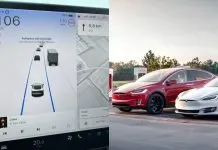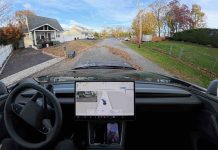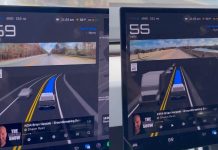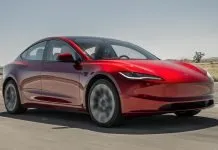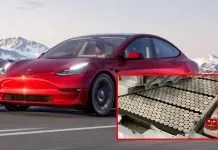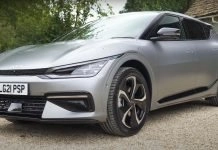Recently X user @GrayMatter_NEO shared a photo in which a Cybertruck was covered with snow except the camera module area. The user said that it’s a new camera heater feature that defrozes the snow from the camera area with the help of heating.
The Autopilot and Full Self-Driving (FSD) capabilities at Tesla are anchored on what is known as Tesla Vision. It uses a set of cameras to receive data on the vehicle environment in real-time, allowing for the implementation of modern autopilot and semi-autonomous control systems. Nevertheless, precipitation in the form of water or the form of cold, snow, ice, and frost easily covers the lens and greatly reduces its effectiveness in capturing data.
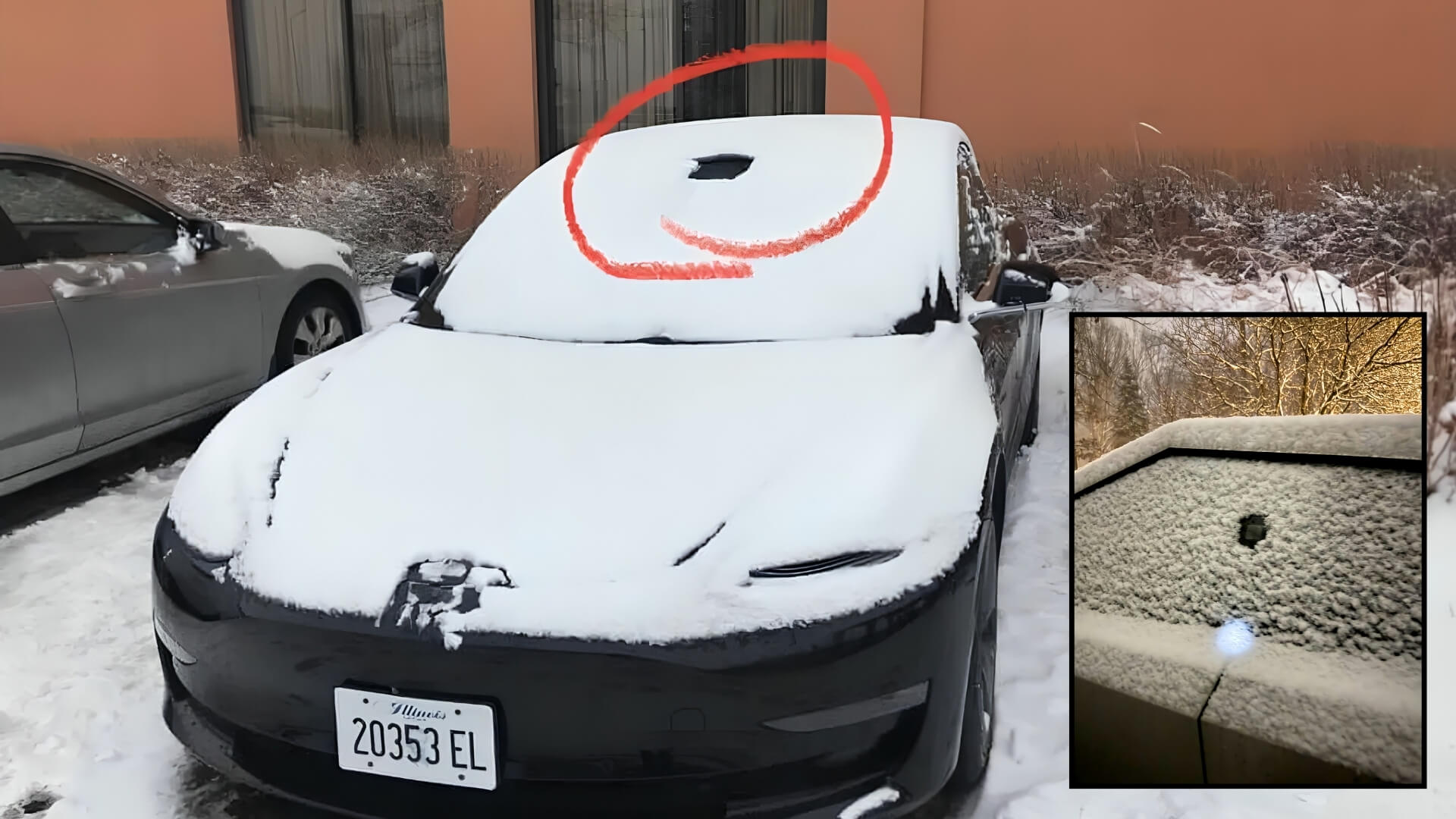
Tesla’s New Advanced Camera Heaters Ensure Vision Accuracy in Extreme Cold
During freezing weather, the basic approaches like thawing or scraping fail to work, particularly during long trips or frequent snow. Fortunately, it seems that Tesla developed an innovative camera heater system to ensure the uninterrupted functionality of its vision-based technologies.
Cool pic from tonight. Cool to see the new update camera heater! 😎. What other car just throws that in an update. 🤯 pic.twitter.com/yZJmmUFAwu
— DLRN_TRK (@GrayMatter_NEO) December 21, 2024
How Tesla’s Camera Heater Works
Tesla’s camera heaters are built into the hardware and carefully placed around the camera casing. These heaters are meant to turn on, on their own, when the conditions are right, by this, they can detect whether the temperature has fallen to a certain level or if ice and frost have formed on the camera’s lens.
When initiated, the heaters perform well to remove frost, snow, and ice from the camera surfaces seamlessly. There is minimal energy consumption of the system hence it does not have the capability of draining the battery power of the vehicle. Through the clear visibility of the cameras, Tesla guarantees that features such as lane-keeping assistance, adaptive cruise control, and object detection will remain active irrespective of the prevailing weather conditions.
Inconsistencies with Camera Heating
Several users reported inconsistencies with the camera heating of Tesla vehicles. A Reddit user’s thermal imaging test revealed mixed results about camera heating. He observed that side repeater cameras seemed to be hot, however, Pillar cameras did not seem to have a higher temperature than the car’s exterior. The front camera has some sign of heat whereas the Rear camera heat was not conclusively tested.
Tesla Model 3 owners have experienced significant issues with cameras in cold weather, front cameras can become misted up in freezing conditions, and moisture gets trapped between the camera lens and windscreen This results in Autopilot and Full Self-Driving (FSD) being completely non-functional.



